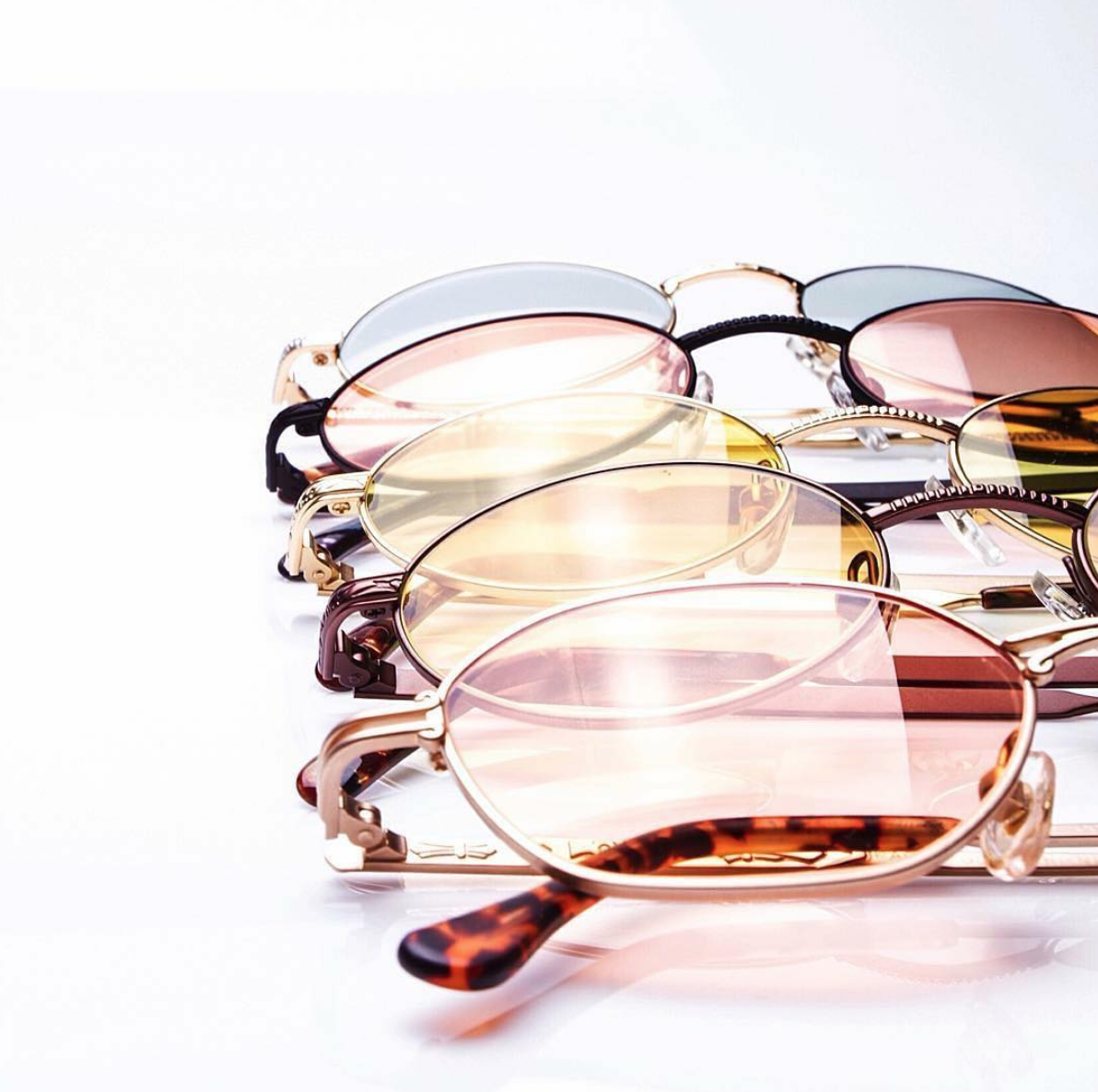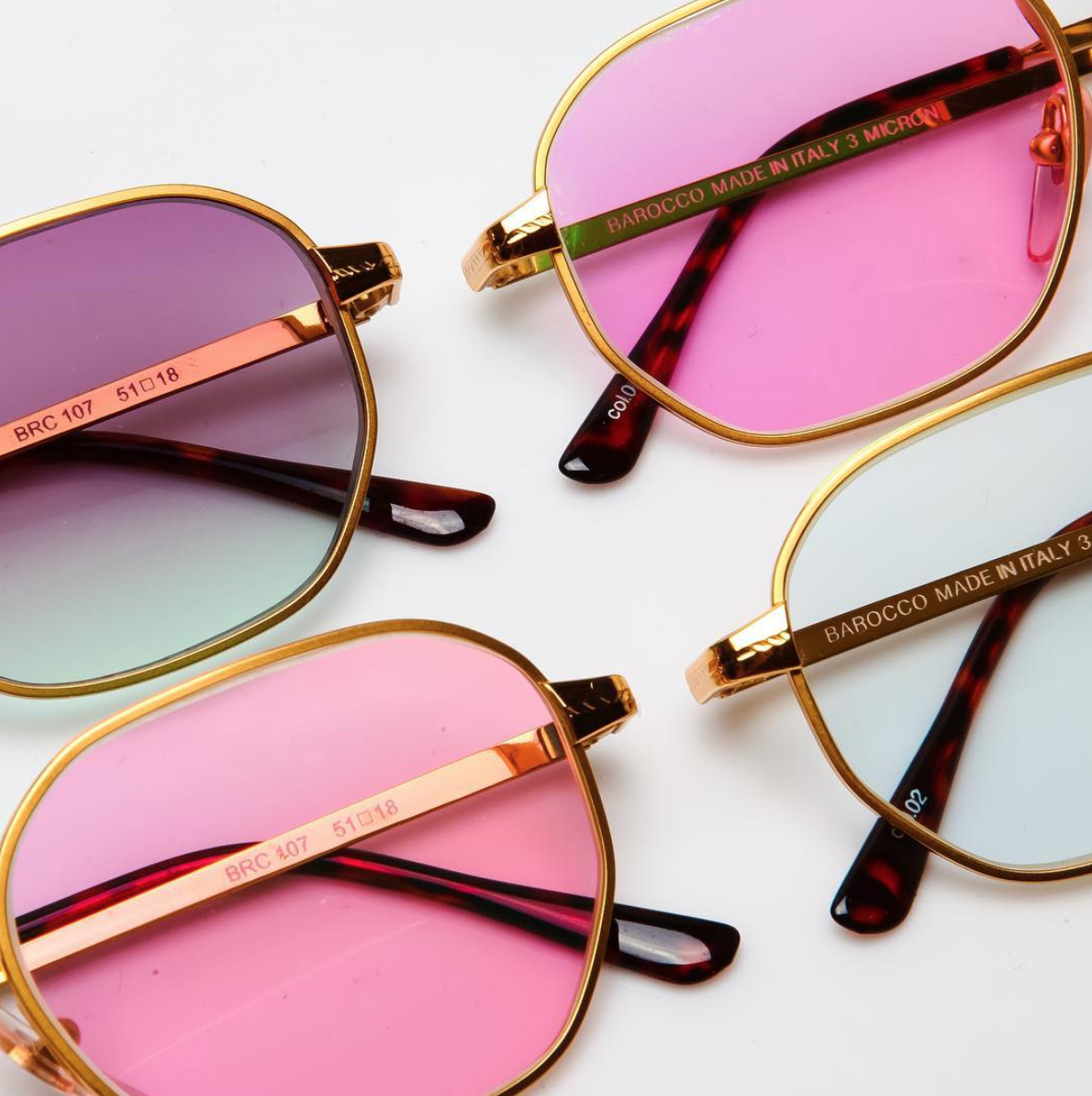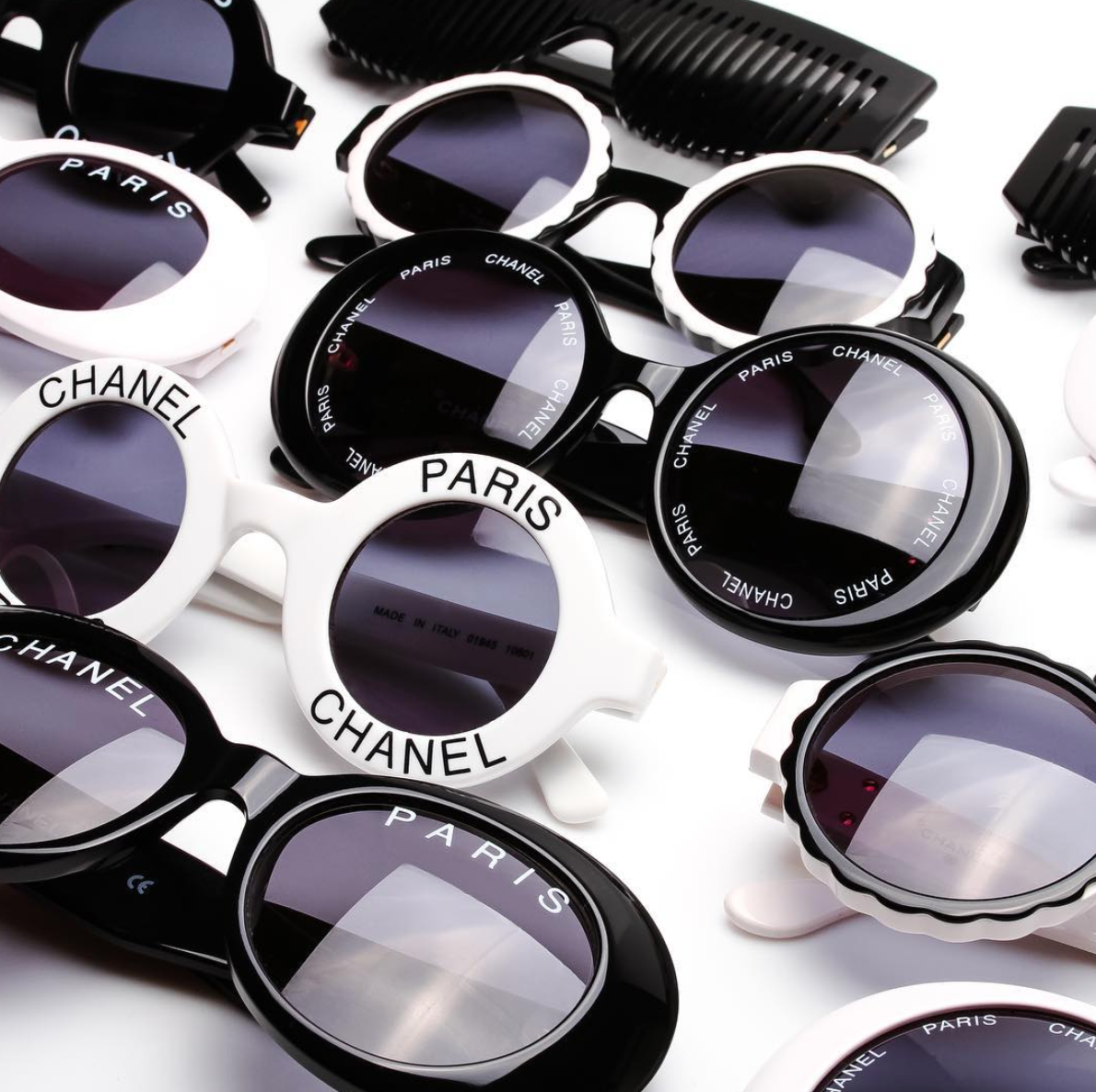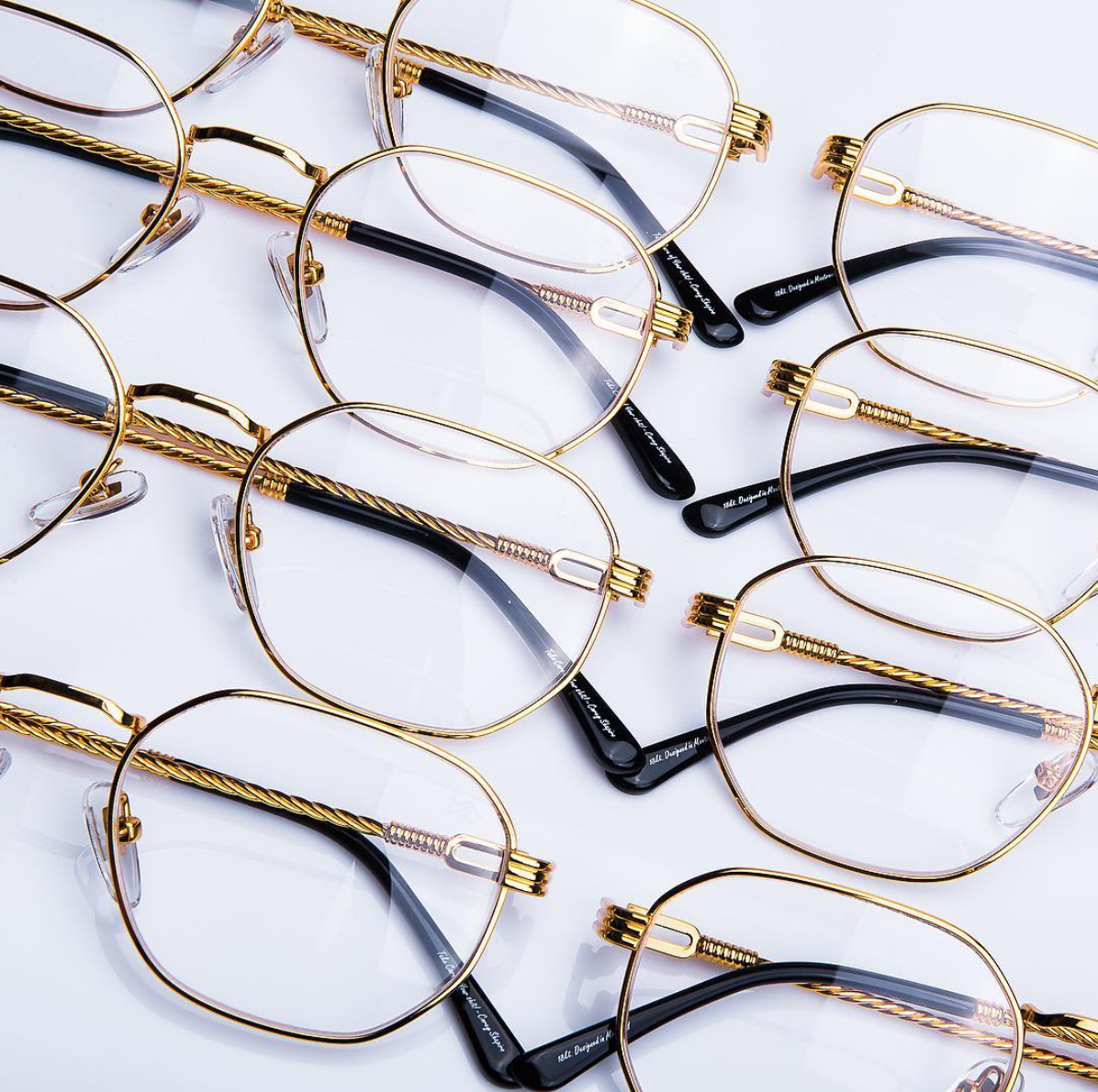A Brief History of the Vintage Frames Company
In the current state of the fashion world, the word “saturated” seems to the prevail as a defining characteristic. We are bombarded by brands on a daily basis, with new brands proliferating their designs through social media and older brands co-opting (and sometimes downright copying) new brands and peddling their wares in every which way available. Between the incessant marketing campaigns and the numerous designers vying for the next opportunity to join an already over-populated industry, sometimes shopping becomes more of a chore than a leisure. Enter Vintage Frames Co. The company sells jewelry and apparel, but more notably, has become the world’s largest purveyor of vintage designer eyewear, boasting a minimum stock of one quarter-million different frames at any given period. Stock, however, is merely a requirement for the brand, as it caters to a global clientele clamoring for its equally exclusive and elusive frames and lenses. Behind it all? A bombastic entrepreneur dedicated to the oft-overlooked history of vintage eyewear.











There are two things you can rely on from Corey Shapiro. Firstly, you can expect to catch him in a fitted cap, with his signature Montblanc pen clipped to its brim. Secondly, you can expect him to consistently defy conventional business tactics in favor of his unique brand of marketing. The second (if not both) have contributed to the success story that is his luxury eyewear brand, Vintage Frames.
Corey Shapiro isn’t your average businessman. The Montreal native, famous for his unabashed witticisms and jet-setting lifestyle, heads a brand which notes Jay-Z and Pharrell Williams among its clientele. Corey prides himself on having built a company through unconventional business tactics and oral expression. In an age where fashion has formed a nearly symbiotic relationship with the web and its scandalous cousin, social media, Corey’s decision to abstain from a webpage five years into the brands’ formation is telling. But is Vintage Frames another company coasting on an influx of attention courtesy of celebrity conduits? While famous endorsements certainly can’t hurt, what separates Vintage Frames from other celebrity staples, is that while both thrive on hype, Vintage Frames does not rely on the contrived hype and controlled releases which propel today’s fashion industry. The brand of hype tied to Vintage Frames is inalienable because it is directly connected to the history of fashion. Its wares are, those which adorned icons of past and current eras, figures whose influence on fashion and culture at large is irrefutable. Take the since sold-out Vintage Ultra Goliath 2 Sunglasses for example. As denoted on the company’s website, the frames were popularized by legendary rap group Run DMC. In a limited collaboration with Ultra, Vintage Frames offered 50 pairs of the shades, all of which possessed the original shape of the frames worn by DMC. In this way, and through the sale of iconic frames indelibly tied to pop culture, Vintage Frames is able to reinfuse fashion with an energy created, inspired by or associated with original tastemakers and “influencers”.
While Vintage Frames is known for outfitting celebrities, Shapiro says it’s his lesser-known diehard frame collectors are the true bread and butter of his business. Collectors like Davon Ford, who obsess over production details, rarity and availability are the customers who inspire Shapiro because they represent the fashion lineage which imbues the ethos of Shapiro’s brand - a balance “evolution, quality and history.” He also draws on negative feedback from naysayers and past teachers and has quipped that he is quick to mail articles about Vintage Frames to his old detractors.
The secret to Shapiro’s success is that he treats Vintage Frames like a fashion history archive. The glasses sold to a contemporary celebrity/figure of the now may have adorned or inspired a pair of glasses worn by a notary of a previous generation. Shapiro finds similar satisfaction fitting customers seek eyewear worn by members of their family tree, and has cited at least one instance when a customer cried because they found a piece of eyewear their grandmother once wore. Equal and individual care for each customer is a point of pride for Shapiro, so expert curation is key Vintage Frames, a company which vows to sell glasses based on the individual attitude of their customers. As the man and the brand set their sights on the annals of history, the only instrument needed to steady their vision is the right pair of frames.

